Ilaria Letizia Elisa Ramelli
Free Will, Ethical Intellectualism, Fate and Cosmology: From Bardaisan to Theodore Abū Qurrah
11 (2025) 1, 39-83
Content
Keywords: Bardaisan, Theodore Abū Qurrah, Ethical Intellectualism, Free will, Fate, Cosmology
1. Introduction: Theodore Abū Qurrah; 2. Bardaisan of Edessa: Among Theodore’s Anti-Fatalistic Sources? 3. Bardaisan and Origen; 4. Bardaisan’s (and Origen’s) Arguments against Astrology Taken over by Didymus, Gregory of Nyssa, and Diodore of Tarsus; 5. Theodore Relies on the Anti-Fatalistic Tradition, against Manichaeism and in Dialogue with Islam; 6. Concluding Remarks
ABSTRACT
This article will carefully examine Theodore Abu Qurrah’s ideas concerning fate and cosmology, primarily in his Treatise on Free Will, which included a refutation of Manichaeism. His works are the first complete theological texts in Arabic to explain the Christian faith and make it understandable and persuasive for the Muslim Mutakallims in the early Abbasid era. The present analysis of the notion of free will / freedom (ḥurriyya) will be performed in relation to Theodore’s main Syriac (direct or indirect) source, Bardaisan of Edessa, and his theories on fate, free will, and cosmology, as far as they can be reconstructed from the Syriac Book of the Laws of Countries, the Greek fragments from his work Against Fate preserved by Eusebius (largely converging with the Book), and fragments from the so-called cosmological traditions and other fragments. The development of the doctrines will be investigated also against the backdrop of Origen’s and his tradition’s reflections on fate, divine providence and free will, which in many cases parallel Bardaisan’s ideas (including the doctrine of universal restoration). In this discussion, the study will briefly consider Gregory of Nyssa and Diodore of Tarsus and their debt to Bardaisan, all the more significant in that they polemicised against the Manichaeans.
